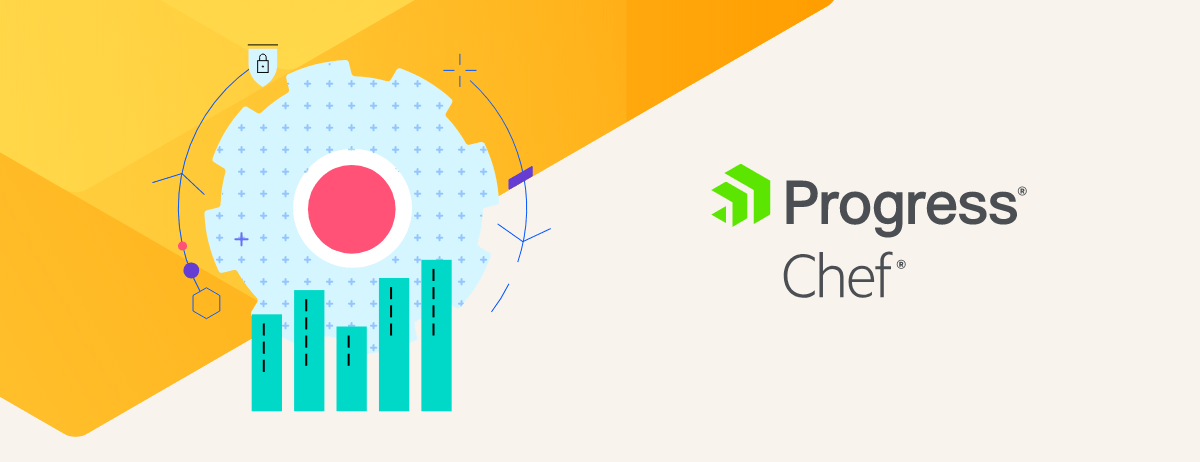Project Jellyfish 2.0: The Next Step for Cloud Brokering
Last year was a big one for Booz Allen’s cloud broker team. It became one of the founding members of RedHat’s ManageIQ community, presented at the ManageIQ Design Summit and officially announced that Project Jellyfish, its open source cloud broker project, would be publically available via Booz Allen’s Github.
But this team isn’t one to rest on its laurels. In fact, from the day that Project Jellyfish launched Booz Allen’s cloud broker team has been hard at work making updates to the code, documentation, best practice guides and more.
Today, they have released the next iteration, Project Jellyfish 2.0. This new, updated version includes a number of enhancements that will benefit the community.
Here’s a glimpse at what’s involved:
- Project Jellyfish 2.0 users will be able to access fully automated deployments in as little as 30 minutes via integrations with Chef, an infrastructure automation tool, and Sensu, a cloud based monitoring tool.
- Expanded support, based on user feedback, will now include Azure VM, Azure SQL Server, AWS RDS, AWS S3, and AWS SES.
- The streamlined and modular architecture allows for rapid catalog updates, which means that our users will always have access to the latest cloud services, products and more.
- User authentication is that much more secure with an active directory, light directory access protocol (LDAP) and single sign on (SSO) system.
- The new modern responsive HTML5 user interface has been built using Angular and NodeJS to improve overall user experience.
- Advanced monitoring tools will now make multiple cloud support that much easier and, ultimately available in real-time.
What does this all mean for the end users? To put it simply, a better user experience coupled with increased access to automation and monitoring tools, and cloud and infrastructure services.
The launch of Project Jellyfish 2.0 is just another step towards building a robust and thriving open source community to participate, debate, collaborate and promote further innovation in cloud brokering. Beginning with Release 2.0, the Project Jellyfish community will be able to contribute to four major areas, including: Jellyfish Core, Modules for add-ins or plug-ins, Mobile App, and Jellyfish Blueprint.
Interested in getting involved with the Project Jellyfish community or learning more about it? Visit: http://ProjectJellyfish.org .


